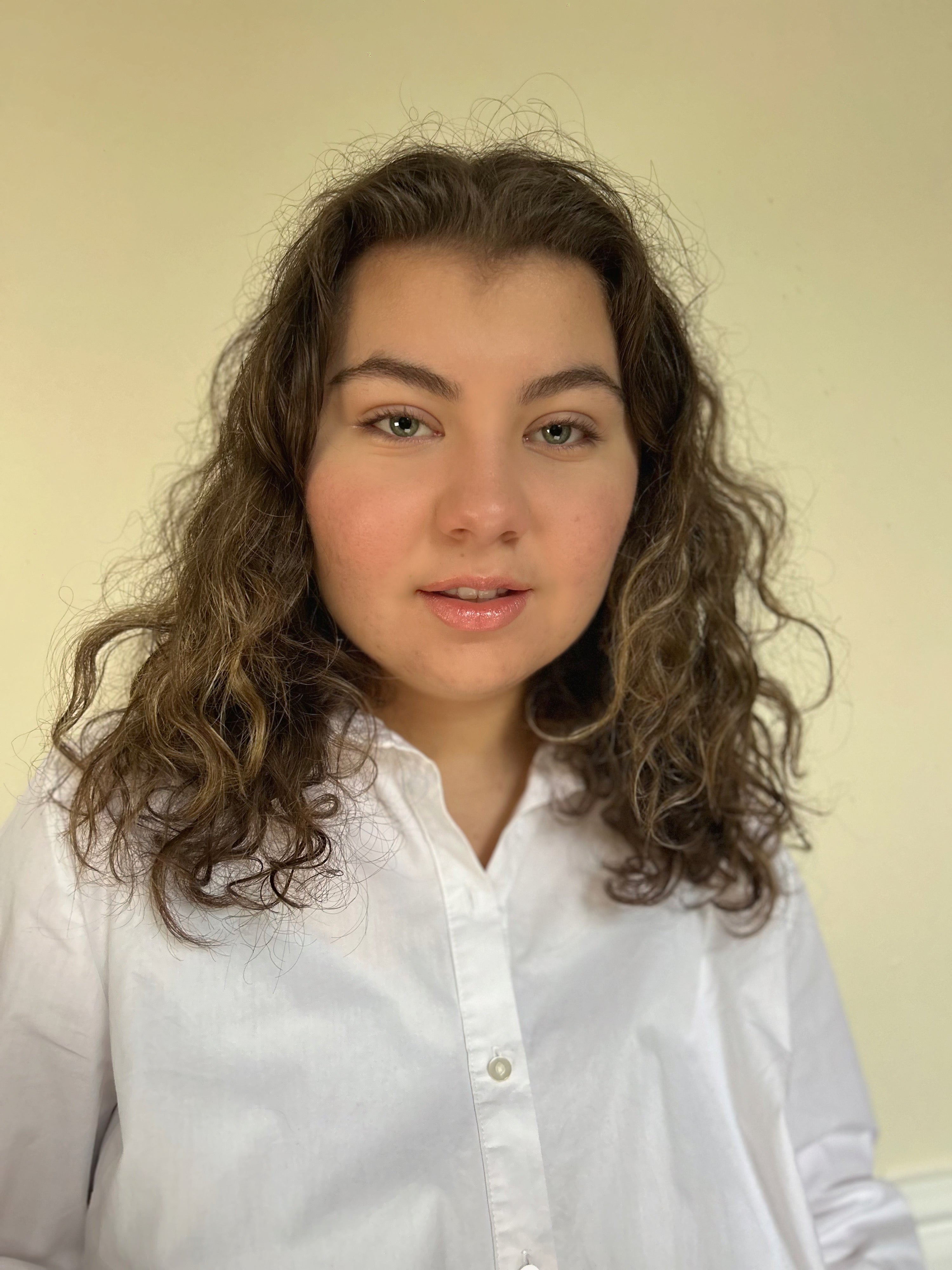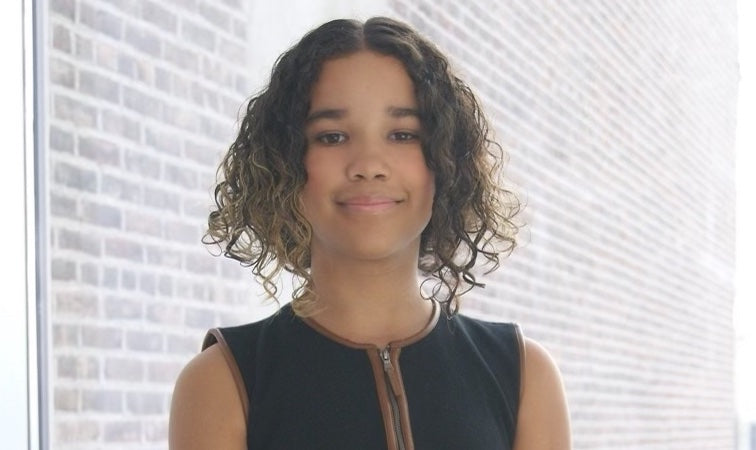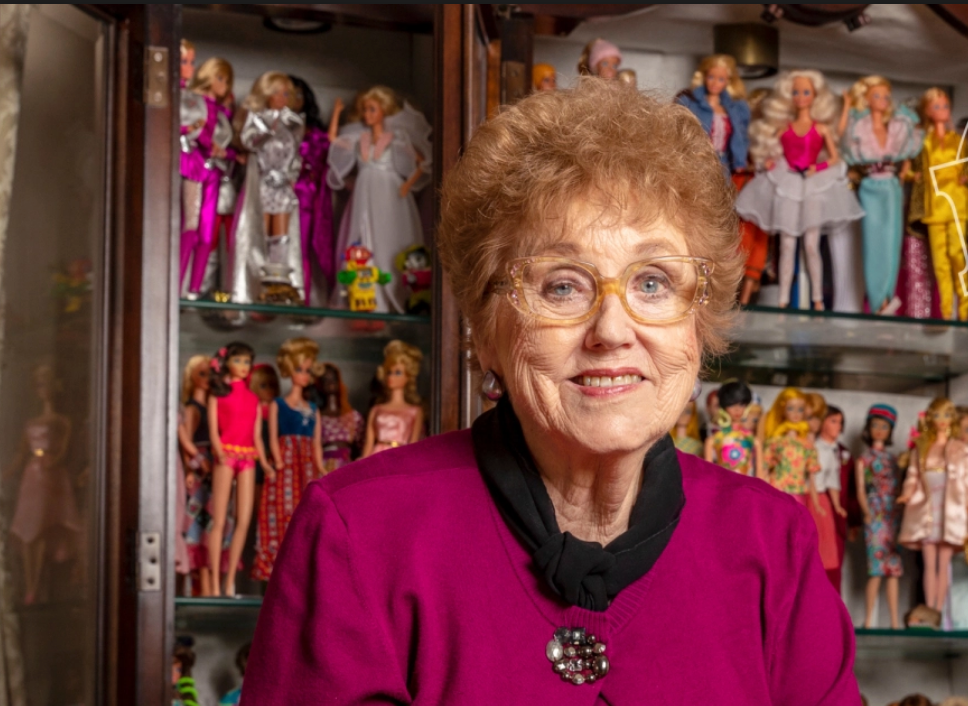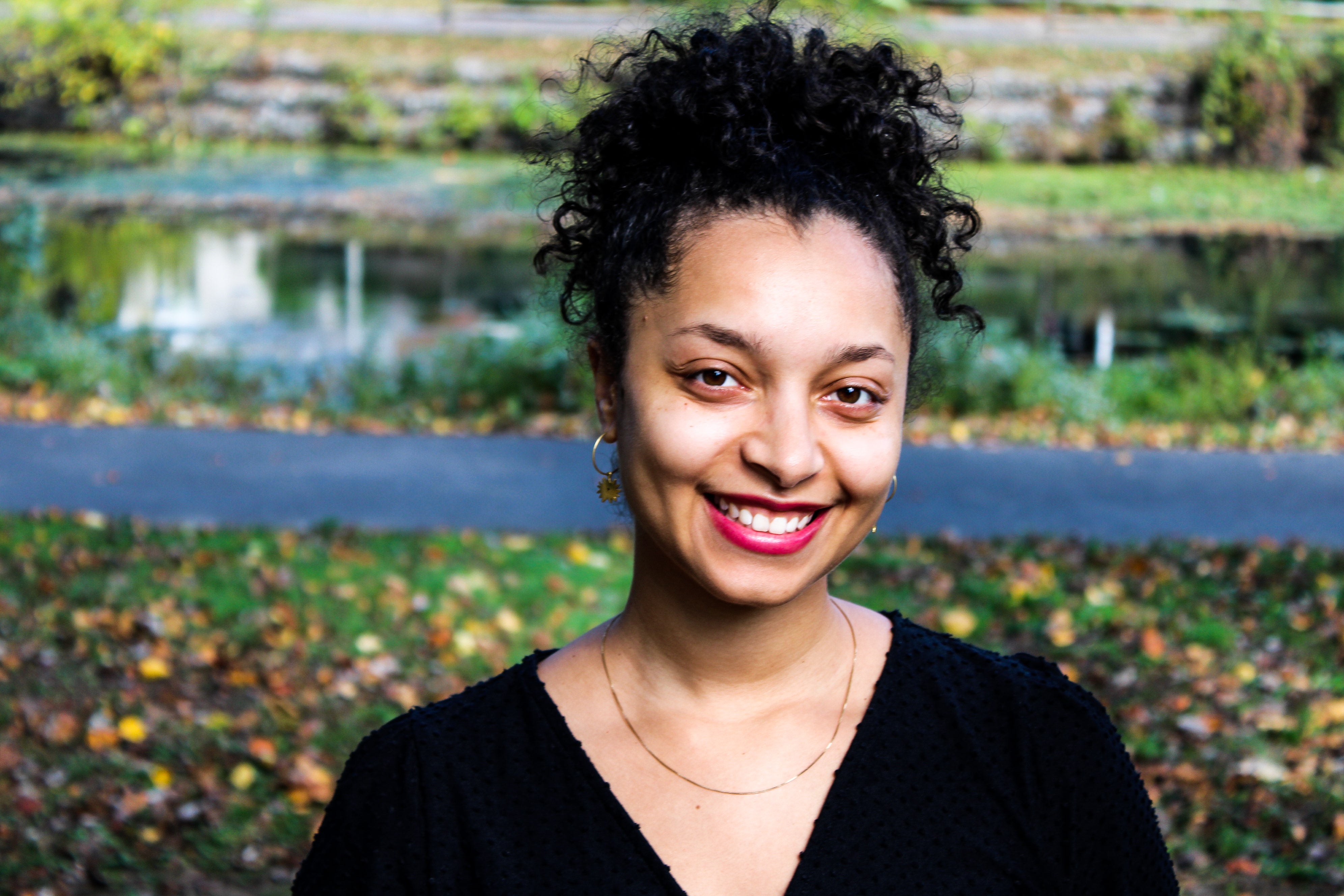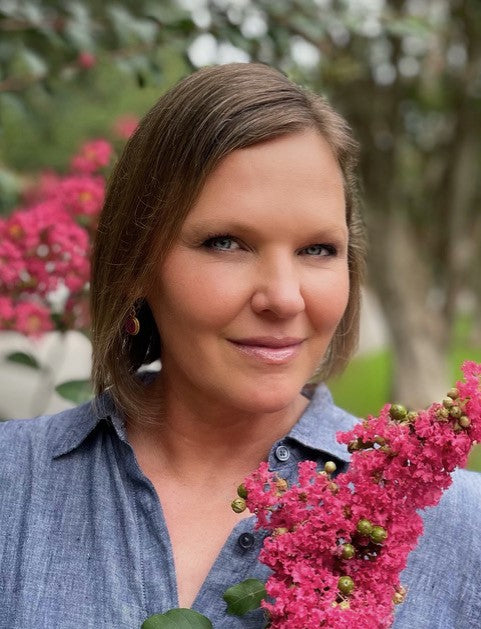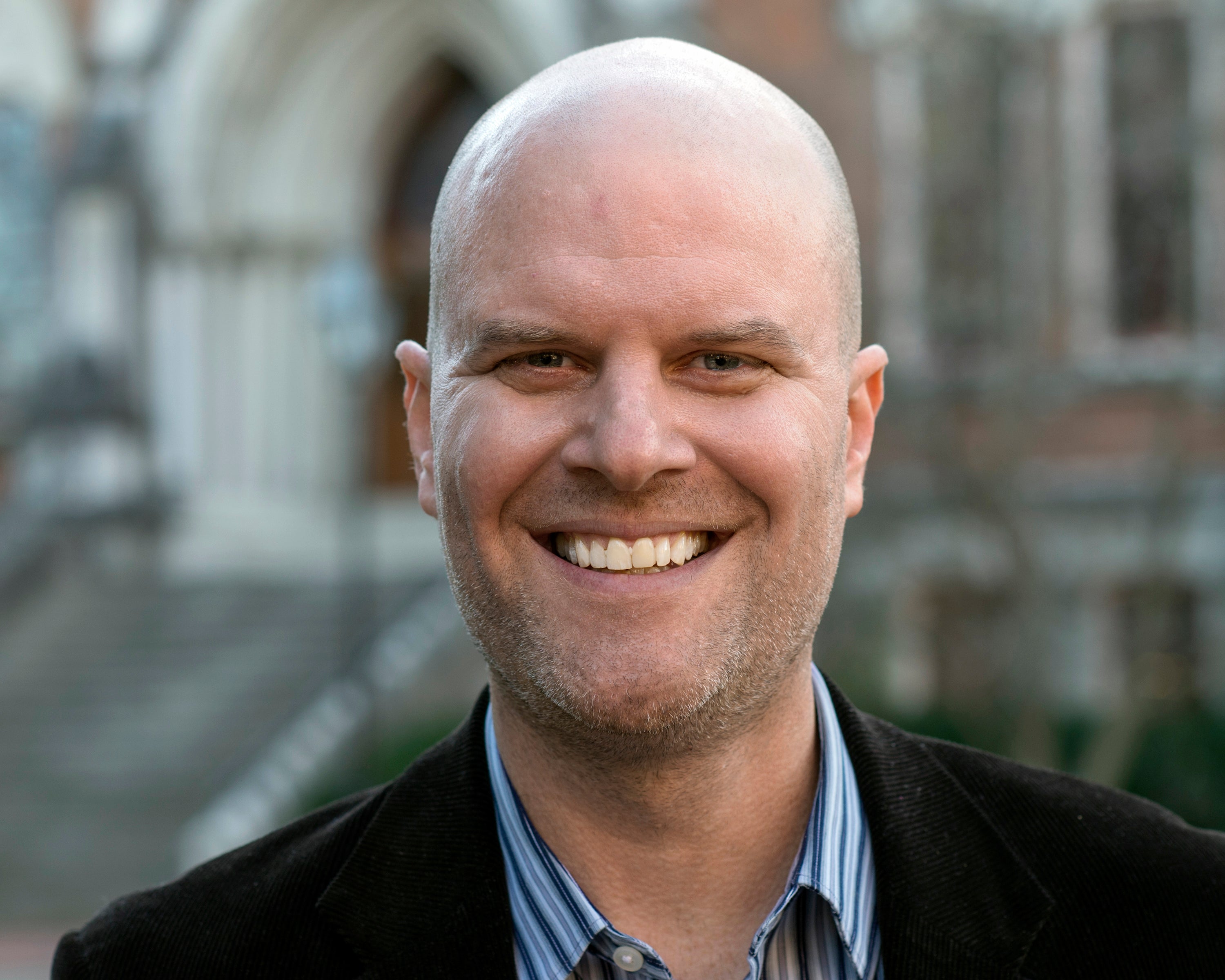
Author: Dr. Gabija Toleikyte
Author Bio:
"Dr. Gabija Toleikyte is a neuroscientist, lecturer, and performance and wellbeing coach. She is currently a lecturer in psychology at Sheffield Hallam University. Gabija completed her PhD at University College London on the neuronal basis of memory and navigation and her PhD findings were published in one of the highest impact research journals – Nature Neuroscience – in 2017. Prior to that, she undertook award-winning academic research on Parkinson’s disease at the University of Helsinki."
1. How important was it for you to release this book “Why the F*ck Can't I Change?”, especially during a pandemic?
This book is a product of my neuroscience, coaching, and public/corporate speaking work over the last 10 years. I did not specifically intend to release it during the pandemic. However, having done so I have received numerous letters from readers sharing how helpful these insights were for them to adjust to the big change that global pandemic has brought onto us.
The areas readers mentioned they have applied these tips were in adjusting to working from home, starting new health habits, working on their relationships with partners and kids, and even completely rethinking their career paths. In either time, when we want to create a meaningful and lasting change, it requires for us to get to know ourselves better, to understand what needs the old ways have been serving us, and create a brain-friendly approach to replace these needs in new and more meaningful ways.
2. Have you studied self-doubt effects in other regions of the world? If so, which countries tend to have the toughest battles with self-doubt, poor confidence, etc.
I haven't compared this phenomenon across different cultures, but almost certainly I would expect to see some differences. Self-doubt and lack of confidence are by-products of a combination of 3 variables: a strong societal belief that we are in total control of our results, freedom to make our choices, and exposure to other people's / societal values, which make us doubt our own intrinsic values.
All of these 3 factors are strongly pronounced in the western world, hence this is a very common situation people find themselves in. To change that requires truly understanding your own individual values and debugging intruders into your value system from authority figures or societal norms (I share these methods in my book). When we start living based on our own values and take the approach that produces results, self-doubt, and lack of confidence go away.
It's one of the biggest fallacies to wait till confidence goes up, it won't by itself, it's just a reminder that we have lost ourselves on the way and we need to gradually get back to it and take small fruitful actions for it to be increased.
3. What’s something fascinating to you about the brain that the common American may not know?
Different people will find different brain facts most insightful based on their individual situation, things they value, and challenges they face. In general, I suggest personalizing the learning and self-discovery process as much as possible. I see that from the feedback I receive after my lectures or from the readers of the book all the time - some people get blown away by the mechanisms of brain plasticity, others by the facts about how our gut health influences brain health etc.
My book has 9 distinct chapters on changing different aspects of our lives: habits, emotions, personality, productivity, decision making, brain health, leadership styles, communication, and relationships. So it provides a wide range of brain facts (and self-coaching tools) that different readers would resonate with.
4. Having worked with professional athletes, what would you say is the most common mental block that they experience?
Again, it differs based on the person and the stage in their career they are at. With athletes, we mainly worked with tailoring their training for the best performance, increased brain plasticity, optimizing recovery, and teamwork based on neuroscience insights. I focus less so on their mental blocks, mainly because athletes I worked with have already done lots of work with other practitioners in this area.
5. What sparked your fascination with the human brain?
I am fascinated with understanding human behavior and improving human wellbeing. Needless to say, that all starts and ends in the human brain, so neuroscience seemed to me the most logical field to get into to get the most fundamental insights into these fields.
6. What are some activities people can do to enhance their emotional intelligence?
First and foremost, getting to know and understand the logic behind their own emotions. Emotions are not random, there are always triggers that set them of. Some of these triggers seem a bit outdated as they might originate in our childhood or have evolutionary benefits as brain centers responsible for emotions are pretty ancient, hence called Mammal Brain.
Learning about these centers and doing the inventory of your own emotional triggers and the origins of them would certainly help anyone to get a lot more insights into their emotional patterns. That could also subsequently help to tailor our environments, habits, relationships, and careers for better emotional wellbeing.
7. A lot of people talk about their morning rituals, in reverse, what are some nighttime rituals you do to set yourself up for success the next day?
I cover that in great depth in the chapter on the brain health of my book. Evening habits have a big influence on the quality of our sleep, which subsequently has a huge influence on our emotional wellbeing and mental agility the next day.
Limiting blue light exposure (TV, laptop, smartphone) and mental load 2 hours before bedtime, having regular sleep time, gentle physical exercise, and other activities that help us to switch off after work, limiting alcohol intake (avoiding if possible) and no coffee after 1PM are just a few things that could help with getting better quality sleep. Most of us know that though, but still, struggle to implement these steps, so in the book I discuss how to make it happen.
8. What was something you learned about yourself while writing, “Why the F*ck Can't I Change?"
This book was my 2nd big writing project - my Ph.D. thesis was the 1st one. I have learned that it really does matter what and why you write - I found writing this book a lot more enjoyable and fulfilling activity and haven't had any procrastination or writer's block type of issues during this process at all.
9. What’s your best advice for getting over writer’s block?
Writer's block originates for 1 of 3 reasons: lack of clarity of why you are writing, trying to force yourself to write during times when we don't feel great (e.g. being in a depressed state or preoccupied with other things that feel more important), and being subordinate to other people's writing/contribution. Needless to say, the solution will be different for each of these causes. A good starting point is to write down 50 benefits for you and others of you getting on with your writing. Keep persevering till you get to 50. That really helped me to get unstuck in writing my Ph.D. thesis.
If that is not sufficient, assess your mental and emotional state and how other areas are going in your life right now (I share in my book the wheel of life exercise, which can come in handy for that). If you do struggle with low energy, poor emotional wellbeing, is there any time in the day that you are a bit better - e.g. that is usually the first thing after breakfast in the morning for me, but have a think of what time is truly better for you? If you find that slot, make a very small habit - writing for 10 minutes a day (better to focus on time rather than a number of words). If you can achieve that for a few days, increase it to 15 minutes. Once you get in a better state, you can keep increasing further but best to keep gradual increments.
10. What’s the best book you have read this year so far?
I am a big fan of a British writer Matt Haig, who insightfully discusses human nature, mental and emotional well-being, and various struggles we face as humans in his books. His newest novel "The Midnight Library" was a very enjoyable and thought-provoking read on our family camping holiday this summer.
11. What’s the best advice you have ever received on happiness?
If you chase happiness, you are doomed to a very miserable life. Focus on meaningful contribution based on your own individual value hierarchy, happiness will follow.
12. Do you plan on writing more books in the future?
Yes, quite a few. My next book will be on neurodiversity, but I am currently about to go on maternity leave so putting that on hold for now.
Places To Find More From This Author:
Twitter: @supergcoaching
Facebook: Empower Your Brain
Website: www.mybrainduringtheday.com
Get Your Copy of Why the F*ck Can't I Change? Today!


